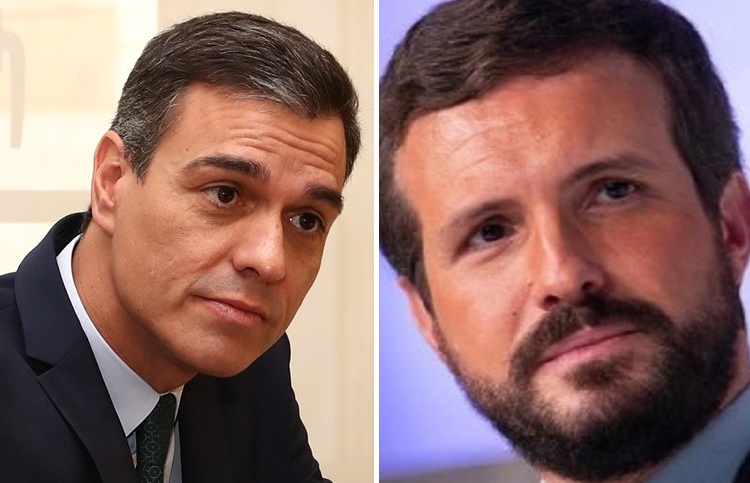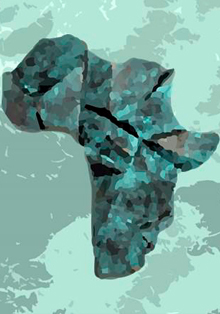Ángel Collado
Pedro Sánchez’s obsession with the PP’s main stronghold of power, the Community of Madrid, has led to a call for elections on 4 May that will serve to measure the wear and tear of the President of the Government himself and the possibilities of reunifying the centre-right.
It is an unprecedented situation in Spain’s democratic history for the head of the Executive to take on as his main personal challenge, as well as a political one, to dislodge the main opposition party from an autonomous regional executive, which in this case is headed by Isabel Díaz Ayuso.
Sánchez is now facing these elections as the pandemic enters its second year of devastation, and six months ago he withdrew from the front line of crisis management to leave the responsibility for mitigating its effects in the hands of the regional governments. This is a manoeuvre unparalleled in the rest of the European Union, here called “co-governance” by the brains at La Moncloa Palace to cushion the possible erosion of their leader’s image in the successive waves of Covid, after the disaster in the management of the first one. And the people of Madrid will be able to express their opinion on this course of action at the ballot box.
By calling elections, Ayuso put the brakes on Pedro Sánchez’s operation to oust the PP from the Community of Madrid via a motion of censure (with the support of Ciudadanos) and give the final push to the wobbly opposition led by Pablo Casado. With his entire team, the president of the Government is undisguisedly putting himself at the forefront of the PSOE’s campaign from the outset and would have to accept as his own the possible failure in the face of Díaz Ayuso if the PP leader manages to stay in power.
That failure would inevitably be personal and the first obvious one for Sánchez since he mounted the motion of censure against Mariano Rajoy in June 2018 and seized power. For the chief executive, the goal in Madrid is now to achieve a carambola of results that would allow the formation of a government of socialists and communists. The model of the central government would be transferred to Madrid and would allow Sánchez to exercise power with the opposition even more disjointed, without the capacity to present an alternative. But only one poll, that of the discredited CIS, allows us to predict a possible left-wing majority.
Beyond Sánchez’s ego, a possible Socialist defeat would not have to affect his government directly. PSOE and Podemos will need each other to remain in power.
On the right, the elections in Madrid will be their big test to see if Casado manages to solve the equation with the aim of reunifying the old political spectrum of the PP, the one that encompassed everything that was not left-wing in Spain. His goal is directly the disappearance of Ciudadanos as a competitor in the so-called political centre and to at least contain the growth of Vox on his right.
Casado needs an overwhelming majority for Díaz Ayuso which, if not absolute, would leave Santiago Abascal’s party in a residual position and without the capacity to condition the fundamental decisions of the new regional executive. The PP president could thus settle in office and promote until the end of the legislature the unity of the centre-right as the only way to change the left-wing government. The opposite, losing Madrid, would ensure that doubts about his leadership capacity would spread and, in the long run, internal movements to relieve him before the general elections.
The regional president, Casado’s personal bet since he became leader of the PP, also has almost everything at stake (the starting post), although a large but insufficient victory in the face of a hypothetical left-wing coalition could leave her as head of the opposition.
The secondary actors in these elections are directly determining their ability to survive. In the case of Ciudadanos, to disappear from the Madrid Assembly would mean anticipating the end of the party in the middle of the national legislature.
For Podemos, Pablo Iglesias’ own candidacy is a sign of its fear of becoming an extra-parliamentary formation in a region where it has already suffered a split, that of Íñigo Errejón, a somewhat less radical and populist option than Podemos. In three years, Iglesias has gone from disputing the hegemony of the left over the PSOE throughout Spain to competing with Ahora Madrid to avoid being the last party in the region.







